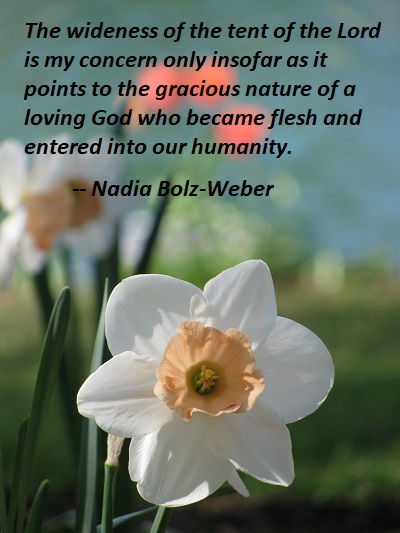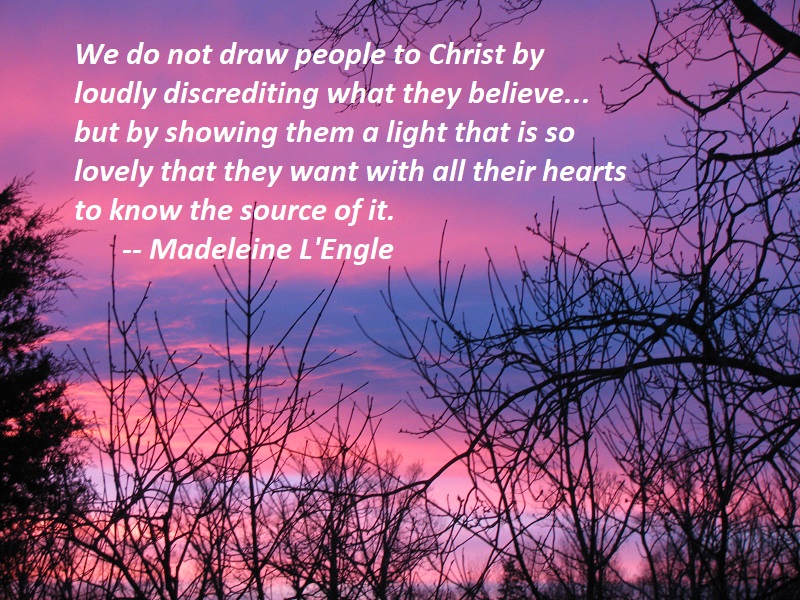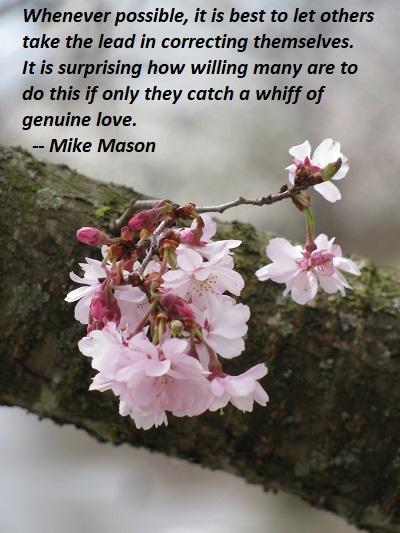The Wideness of the Tent
This desire to learn what the faith is from those who have lived it in the face of being told they are not welcome or worthy is far more than “inclusion.” Actually, inclusion isn’t the right word at all, because it sounds like in our niceness and virtue we are allowing “them” to join “us” — like we are judging another group of people to be worthy of inclusion in a tent that we don’t own. I realized in that coffee shop that I need the equivalent of the Ethiopian eunuch to show me the faith. I continually need the stranger, the foreigner, the “other” to show me water in the desert. I need to hear, “here is water in the desert, so what is to keep me, the eunuch, from being baptized?” Or me the queer or me the intersex or me the illiterate or me the neurotic or me the overeducated or me the founder of Focus on the Family.
Until I face the difficulty of that question and come up, as Philip did, with no good answer . . . until then, I can only look at the seemingly limited space under the tent and think either it’s my job to change people so they fit or it’s my job to extend the roof so that they fit. Either way, it’s misguided because it’s not my tent. It’s God’s tent. The wideness of the tent of the Lord is my concern only insofar as it points to the gracious nature of a loving God who became flesh and entered into our humanity. The wideness of the tent is my concern only insofar as it points to the great mercy and love of a God who welcomes us all as friends.
— Nadia Bolz-Weber, Pastrix, p. 94
[Photo: Meadowlark Gardens, Virginia, April 3, 2012]





